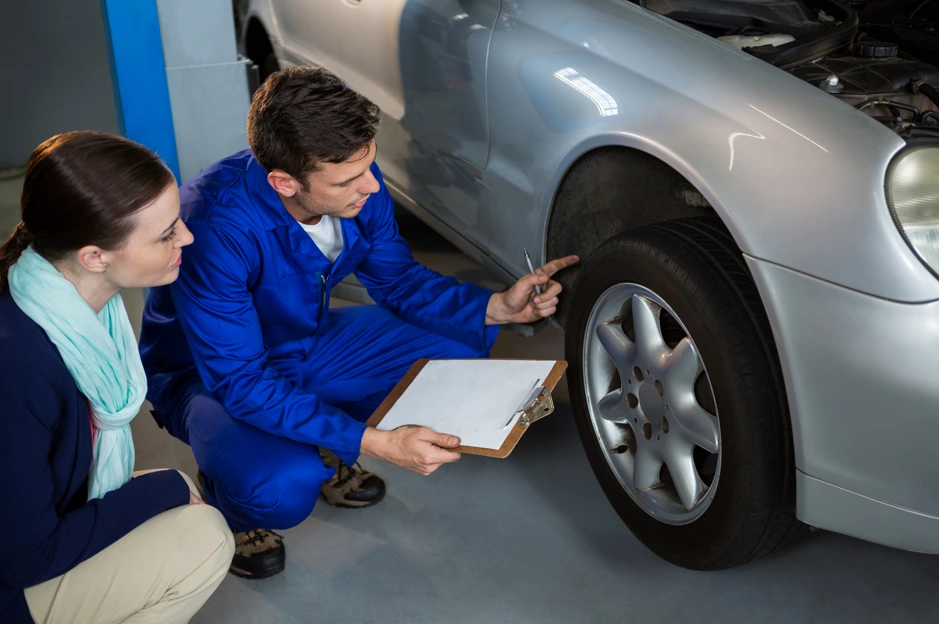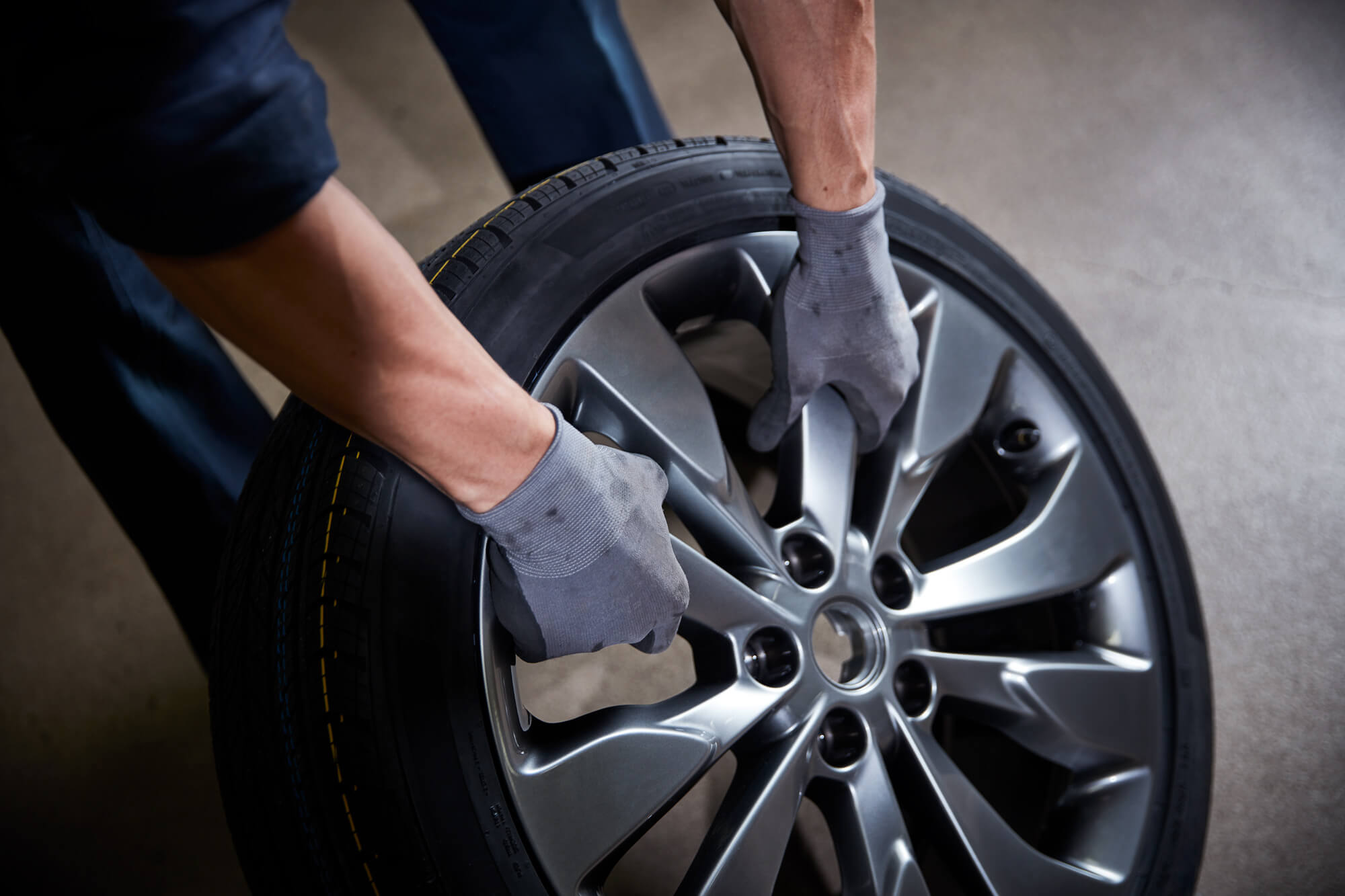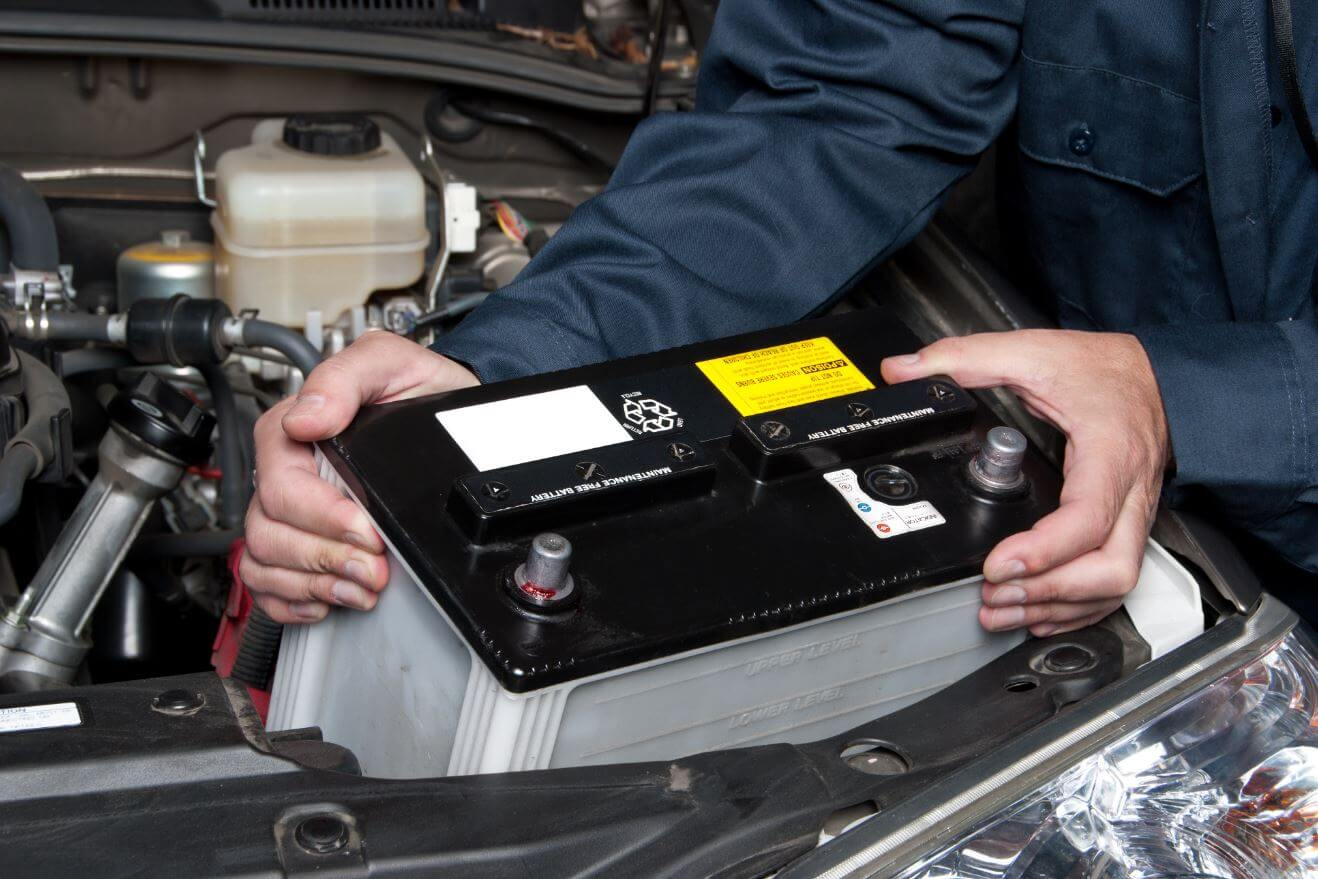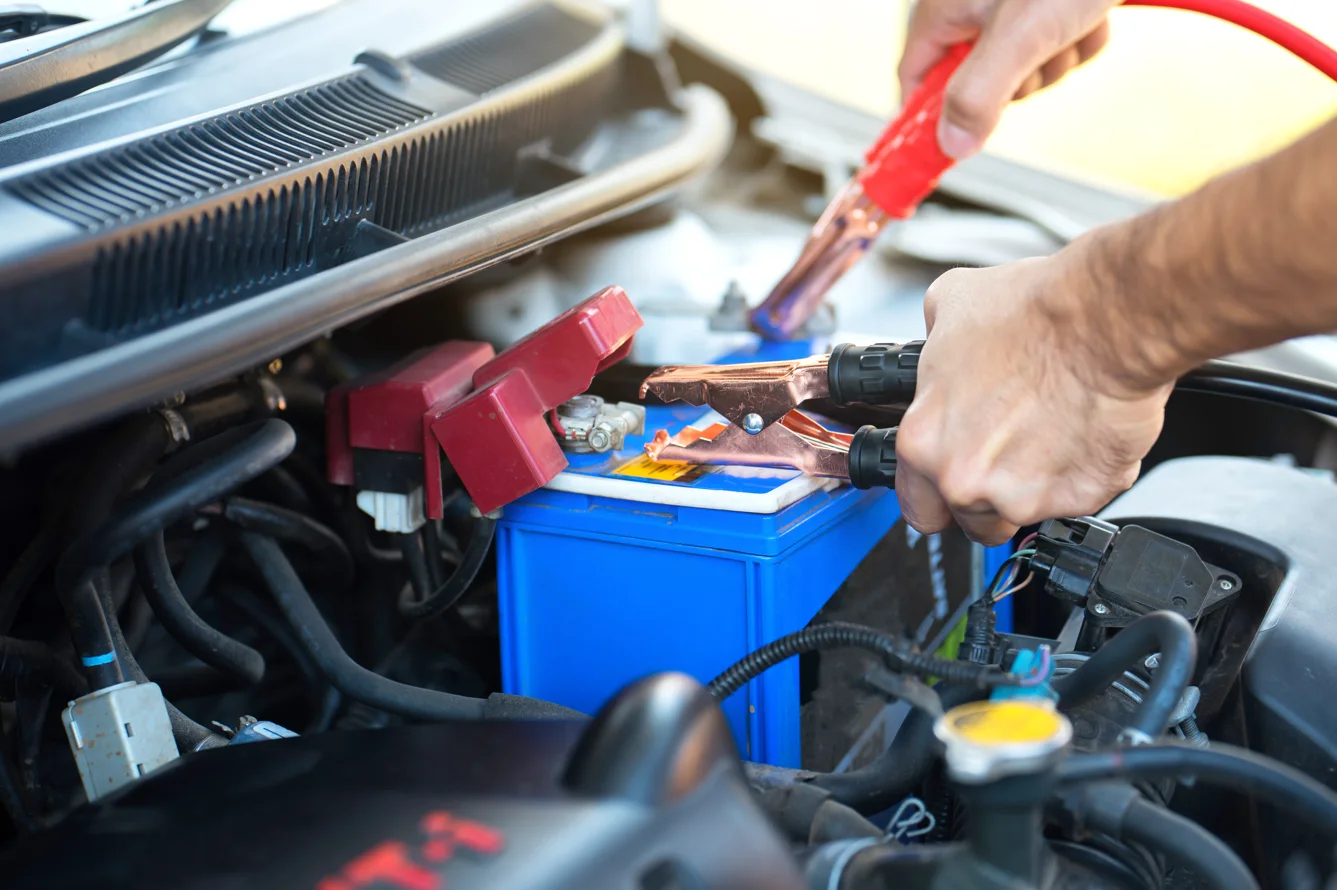Tires are one of the most important components of your vehicle, directly impacting safety, handling, and fuel efficiency. Yet, many drivers overlook how seasonal changes affect tire performance. For Nashville car owners, understanding the nuances of seasonal tire care is essential to prevent accidents, extend tire life, and maintain a smooth driving experience.
At Tire One, we provide professional tire services and expert advice to help you keep your vehicle safe year-round. This guide walks you through a comprehensive seasonal tire care checklist designed specifically for Nashville drivers.
Why Seasonal Tire Care Is Critical in Nashville?
Nashville experiences a range of weather conditions throughout the year, from hot and humid summers to cold winters and rainy spring months. Each season can impact your tires in unique ways.
During summer, high road temperatures can increase tire pressure and accelerate tread wear. In winter, even mild cold can reduce traction and cause tire contraction. Rainy periods increase the risk of hydroplaning. Proper seasonal tire care ensures your vehicle maintains optimal handling, braking performance, and safety in all conditions.
Neglecting seasonal tire maintenance can result in blowouts, uneven wear, reduced fuel efficiency, and even loss of control—issues Nashville drivers want to avoid. By understanding seasonal impacts, drivers can proactively prevent these problems.
How Seasonal Changes Affect Tires?
Summer Impacts
Summer heat in Nashville can have a significant effect on tires. Elevated temperatures cause tire air pressure to rise, leading to overinflation. Overinflated tires wear unevenly and reduce contact with the road surface, increasing the risk of blowouts.
Additionally, heat softens tire rubber compounds, which accelerates tread wear. This can also impact fuel efficiency and overall tire performance, especially during long summer drives.
Heat-related issues are more pronounced for drivers who spend a lot of time on highways or heavily trafficked roads, as friction between tires and asphalt generates additional heat. Parking in direct sunlight for extended periods can also exacerbate the problem, causing tires to age faster.
Winter Impacts
Even though Nashville winters are generally mild, colder temperatures affect tire pressure and traction. Tires contract in cold weather, reducing grip and making braking less effective. Road conditions can worsen with occasional ice or frost, especially during early morning commutes.
Older or worn tires are particularly vulnerable, highlighting the importance of seasonal inspections, proper tire inflation, and checking tread depth before winter arrives. Winter weather can also worsen sidewall cracks in aging tires, making early replacement a critical safety measure.
Rainy Season Impacts
Springtime brings heavy rainfall, which increases the likelihood of slippery roads and hydroplaning. Worn tires with shallow tread cannot effectively channel water away from the road, reducing control. Proper tire maintenance, including checking tread depth and alignment, is critical during rainy months.
Standing water in Nashville’s streets after storms can accelerate tread wear and increase the risk of flat tires. Adjusting driving habits during heavy rainfall, such as reducing speed and increasing following distance, is also crucial for safe tire performance.
Step 1: Conduct Regular Tire Inspections
Regular tire inspections are the cornerstone of seasonal tire care. Catching problems early prevents costly repairs and ensures safety on Nashville roads.
Visual Checks
Examine tires for cracks, bulges, cuts, or embedded debris. Even small objects like stones can cause punctures over time. Check sidewalls for signs of damage, which may indicate internal tire failure and potential blowouts.
Visual inspections should be performed at least once a month and before long trips. Regular attention to tire condition allows Nashville drivers to detect slow leaks or early signs of wear before they become hazardous.
Tread Depth Assessment
Tread depth is vital for traction. Tires with low tread cannot grip the road effectively, especially on wet or icy surfaces. Nashville drivers can perform a simple penny test by placing a penny into the tread with Lincoln’s head upside down. If you can see the top of Lincoln’s head, it’s time to replace the tire.
For drivers who regularly navigate highways or deal with wet weather, deeper tread is essential for preventing hydroplaning. Tire One also recommends using a tread depth gauge for more precise measurement, particularly on tires nearing the end of their expected lifespan.
Check for Uneven Wear
Uneven tire wear can indicate alignment or suspension problems. Addressing these early prevents premature tire replacement and ensures even contact with the road surface.
Frequent uneven wear may also suggest tire imbalance or overloading, both of which reduce tire performance and increase the risk of accidents. Seasonal inspection allows for timely adjustments to prevent further damage.
Step 2: Maintain Proper Tire Pressure
Tire pressure fluctuates with temperature changes. Nashville drivers need to monitor and adjust tire pressure regularly to optimize safety, fuel efficiency, and tire life.
Temperature Effects
For every 10°F drop in temperature, tire pressure decreases by approximately 1-2 PSI. Underinflated tires in winter reduce fuel efficiency and increase wear. Conversely, overinflation in summer causes uneven wear and increases blowout risk.
Pressure changes are particularly important when transitioning between seasons. Nashville drivers often experience sudden temperature drops in early mornings, which can affect tire performance if not addressed.
How to Check Pressure?
Check tire pressure when tires are cold using a reliable gauge. Adjust according to the vehicle manufacturer’s recommended PSI, usually found in the driver’s door jamb or owner’s manual. Include the spare tire in your checks, as it may be needed in emergencies.
Regular tire pressure monitoring also helps maintain optimal fuel economy, which can fluctuate if tires are improperly inflated.
Step 3: Rotate Tires and Check Alignment Seasonally
Tire Rotation
Rotating tires ensures even tread wear across all four tires. Front and rear tires wear differently due to weight distribution and driving dynamics. Tire One recommends seasonal rotations, approximately every 5,000 to 7,500 miles, to extend tire lifespan and maintain performance.
Rotating tires also improves handling and reduces vibration, especially important for long drives across Nashville or nearby highways.
Wheel Alignment
Misaligned wheels cause uneven wear, vibrations, and handling problems. Nashville roads, potholes, and seasonal temperature changes can affect alignment. Regular alignment checks, especially before winter or after hitting rough patches, ensure tire longevity and vehicle stability.
Proper alignment also enhances braking efficiency, which is critical during sudden stops on wet or slick roads.
Step 4: Know When to Replace Tires
Certain seasons highlight the need for tire replacement. Drivers using all-season tires year-round should monitor tread and overall tire condition.
Replacement Indicators
- Tread depth below 2/32 inches
- Cracks, bulges, or sidewall damage
- Tires older than six years, even with adequate tread
Choosing the Right Tire
Winter tires offer improved traction on cold, wet, or icy roads, while summer tires perform best in warm conditions. For Nashville’s climate, a quality all-season tire may suffice for most drivers, but winter tires provide extra safety during rare ice or frost events.
Consider your driving habits, commute length, and typical seasonal weather when selecting replacement tires to ensure the best performance year-round.
Step 5: Clean Tires and Wheels
Dirt, road salt, and debris can accelerate tire wear and corrode rims. Nashville’s rainy seasons and occasional icy roads make tire and wheel cleaning an important part of seasonal maintenance.
- Cleaning tires and wheels removes debris and corrosive materials.
- Inspecting tires during cleaning allows for early detection of punctures or damage.
Regular maintenance ensures tires stay in optimal condition and prevents slow leaks or tread deterioration. Keeping wheels clean also helps preserve the aesthetics and resale value of your vehicle.
Step 6: Prepare for Emergencies
Even with proper maintenance, unexpected tire issues can occur. Nashville drivers should have an emergency kit ready, especially during winter and rainy seasons.
A basic tire emergency kit should include:
- A spare tire or repair kit
- Jack and lug wrench
- Portable tire inflator or air compressor
- Gloves, flashlight, and reflective gear for safety
Preparedness minimizes risks and allows drivers to address tire emergencies without endangering themselves on busy Nashville streets. Tire One recommends checking emergency tools at the start of each season to ensure they are functional and ready for use.
Step 7: Professional Tire Services from Tire One
While DIY maintenance is helpful, professional inspections provide peace of mind. Tire One offers comprehensive tire care, including:
- Tire rotation and balancing
- Wheel alignment
- TPMS diagnostics
- Seasonal tire installation and storage
Our Nashville experts detect issues that may go unnoticed during routine checks, ensuring your tires remain safe and efficient year-round. Professional guidance also helps drivers make informed decisions when selecting replacement tires or upgrades.
Also Read: How Often Should You Replace Your Tires?
Additional Tips for Tire Longevity
- Avoid harsh acceleration, braking, or cornering that accelerates wear.
- Maintain suspension and shocks to reduce uneven tire wear.
- Rotate tires seasonally, even if the tread appears sufficient.
- Store off-season tires in a cool, dry location to prevent premature aging.
Following these habits, along with the seasonal tire care checklist, ensures long-lasting, safe, and reliable tires.
Common Seasonal Tire Problems in Nashville
Blowouts
High heat, overinflation, and worn tread increase blowout risk. Maintaining proper pressure and replacing damaged tires prevents sudden failures.
Hydroplaning
During heavy rains, water accumulation increases hydroplaning risk. Adequate tread depth, correct tire pressure, and cautious driving are critical to safety.
Pothole Damage
Nashville streets can develop potholes after storms or freeze-thaw cycles. Avoiding potholes and monitoring tire pressure reduces the risk of flats and rim damage.
Flat Tires from Road Debris
Construction zones, fallen branches, and tire-puncturing objects are common on Nashville roads. Regular inspections and proper maintenance help drivers identify and repair damage early.
Conclusion
Seasonal tire care is essential for vehicle safety, performance, and longevity. Nashville’s climate requires attention to tire pressure, tread, alignment, and proper cleaning. Following a seasonal tire care checklist, along with professional support from Tire One, ensures your vehicle remains road-ready in every season.
By implementing these maintenance steps, Nashville drivers can enjoy safer drives, improved tire performance, and reduced risk of costly repairs or accidents. Tire One is your trusted partner for expert tire services, helping you stay safe on the road year-round.





